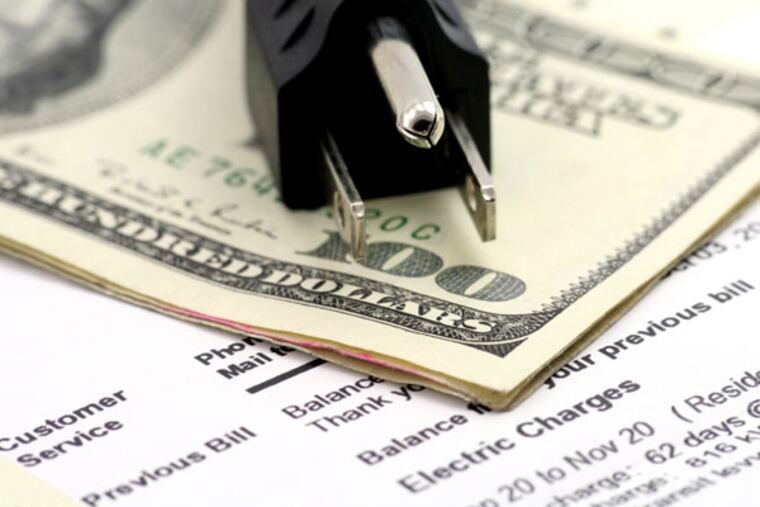Your Place: Summer tips for keeping your electricity bills low
This year, it seemed, spring arrived two weeks late and summer a month early. So it's high time we talked about ways to lower our electric bills.

This year, it seemed, spring arrived two weeks late and summer a month early. So it's high time we talked about ways to lower our electric bills.
Offering advice on this point is the National Resource Defense Council.
Homeowners spend an average $240 a year just on air conditioning, but you can cut your utility bill and still keep your cool, says the council's Meg Waltner, who provides these tips from energy experts.
One way is doing away with energy vampires - devices including cable and satellite set-top boxes, game consoles in connected standby mode, computers left on 24/7, the extra fridge in the garage you use only a few days a year, and such audio devices as amplifiers that we tend to leave on all the time.
On average, these things add $165 to your annual electric bill, Waltner says. The solution: Unplug them when you don't need them.
Another way to save, she says: On cool mornings, open windows and let air circulate through your house. When it warms up outside, close the windows and draw the curtains to trap the cool air and block direct sunlight. The air conditioning won't need to run till later in the day.
The same trick works in the evenings for climates with cool summer nights.
Air conditioning is a huge energy drain that can be stopped at the thermostat, she says.
When the temps outside are in the upper 80s and 90s, you can still feel comfortable even if you nudge the thermostat to 78.
A good rule of thumb: If you have to wear a sweater to keep from being too cold, reset the thermostat.
A clogged air filter makes your air conditioner (and your furnace) work harder, resulting in wasted money on energy bills. If your filter is dirty or hasn't been changed in three or more months, replace it with a new one.
If you live in an area without drought restrictions, water your lawn or garden in the morning or the evening, when evaporation is lowest.
Install a drip irrigation system connected to a timer - you'll be able to better control the flow, Waltner says.
For more information, go to NRDC.org.